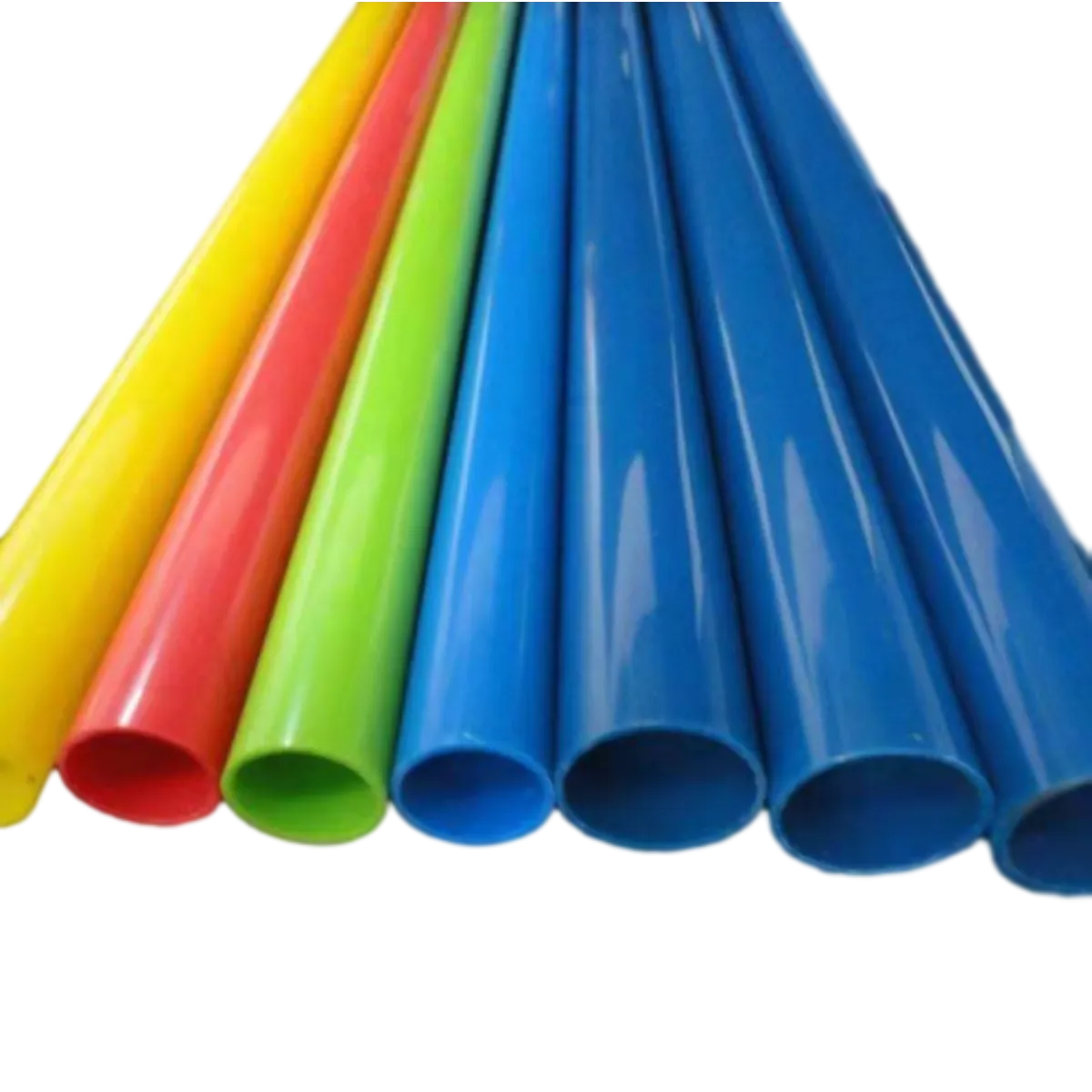Dec . 13, 2024 03:41 Back to list
hdpe pipe for agriculture products
HDPE Pipe for Agriculture Enhancing Efficiency and Sustainability in Irrigation
In the agriculture sector, efficient water management is becoming increasingly paramount, especially as global water resources dwindle and climate change impacts agricultural productivity. One of the most effective solutions to these challenges is the use of High-Density Polyethylene (HDPE) pipes in irrigation systems. HDPE pipes offer a range of benefits that make them ideal for agricultural applications, enhancing both efficiency and sustainability in farming practices.
What is HDPE?
High-Density Polyethylene is a thermoplastic polymer made from petroleum, recognized for its large strength-to-density ratio. HDPE is known for its durability, resistance to a variety of chemicals, and ability to withstand extreme temperatures. These properties make HDPE an excellent choice for agricultural applications, particularly in irrigation systems.
Advantages of HDPE Pipes in Agriculture
1. Durability and Longevity HDPE pipes are designed to withstand the rigors of agricultural environments. They resist corrosion and rust, which are common problems with traditional metal pipes. Additionally, HDPE can endure extreme temperatures, making it suitable for various climates. With a lifespan that can exceed 50 years, HDPE pipes are a long-term investment for farmers.
2. Lightweight and Easy to Install Compared to metal or concrete pipes, HDPE is much lighter, which simplifies transportation and installation. Farmers can save time and labor costs during the installation process, allowing them to focus on essential farming activities instead.
3. Cost-Effectiveness Although the initial cost of HDPE pipes may be higher than some other materials, their long lifespan and low maintenance requirements result in overall cost savings. Reduced labor costs due to lightweight handling and lower water usage from efficient irrigation systems further enhance their cost-effectiveness.
hdpe pipe for agriculture products

4. Flexibility and Versatility HDPE pipes are incredibly flexible, allowing them to be easily bent and expanded as needed. This adaptability makes them suitable for various irrigation methods, including drip, surface, and sprinkler systems. Moreover, they can be used for both above-ground and underground installations, catering to diverse agricultural needs.
5. Reduction of Water Loss One of the critical advantages of using HDPE pipes in agriculture is their ability to minimize water loss. The smooth inner wall of HDPE pipes ensures minimal friction during water flow, which leads to a more efficient distribution of water. Additionally, leakages are significantly reduced due to the robust construction of the joints and fittings used in HDPE piping systems.
6. Environmental Impact HDPE pipes are considered environmentally friendly. They are recyclable and can be repurposed at the end of their life cycle, reducing waste. Moreover, their use in efficient irrigation practices helps conserve water, which is crucial in sustainable agriculture. Farmers can optimize water usage, which not only saves resources but also contributes to environmental preservation.
Applications in Agriculture
HDPE pipes are utilized in various applications within the agricultural sector. They are commonly used for irrigation systems, drainage, and water supply lines. Drip irrigation, in particular, has gained popularity due to its efficiency in delivering water directly to the plants' roots, significantly reducing water consumption. HDPE pipes facilitate the effective implementation of drip systems, ensuring that crops receive the necessary moisture without wastage.
Furthermore, the growing trend of precision agriculture, which involves using data analytics and technology to optimize farming practices, greatly benefits from HDPE piping systems. With precise water delivery mechanisms in place, farmers can apply water and nutrients exactly where and when they are needed, maximizing crop yields and resource efficiency.
Conclusion
As agricultural practices continue to evolve, the need for efficient and sustainable solutions becomes increasingly critical. HDPE pipes stand out as a remarkable choice for irrigation in the agriculture sector, offering numerous benefits that cater to the demands of modern farming. Their durability, cost-effectiveness, and environmental advantages make HDPE pipes an essential component for optimizing water management in agriculture. By adopting such innovative solutions, farmers can improve productivity while contributing to sustainable practices that protect natural resources for future generations. Embracing HDPE technology in agriculture is a step towards a more efficient and sustainable future.
-
DN100 PVC Well Casing Pipes | Durable Corrosion-Proof
NewsAug.04,2025
-
HORON 25mm PPR Plumbing Pipes - AI-Enhanced & Reliable
NewsAug.03,2025
-
HORON 25mm PPR Pipes - AI-Optimized Plumbing Excellence
NewsAug.02,2025
-
Premier HDPE Sprinkler Pipe Manufacturers | Durable Solutions
NewsAug.01,2025
-
DN500 HDPE Double Wall Corrugated Drain Pipes | Durable & Efficient
NewsJul.31,2025
-
1/2' PVC Electric Protective Pipe - Durable, Lightweight Conduit
NewsJul.31,2025

